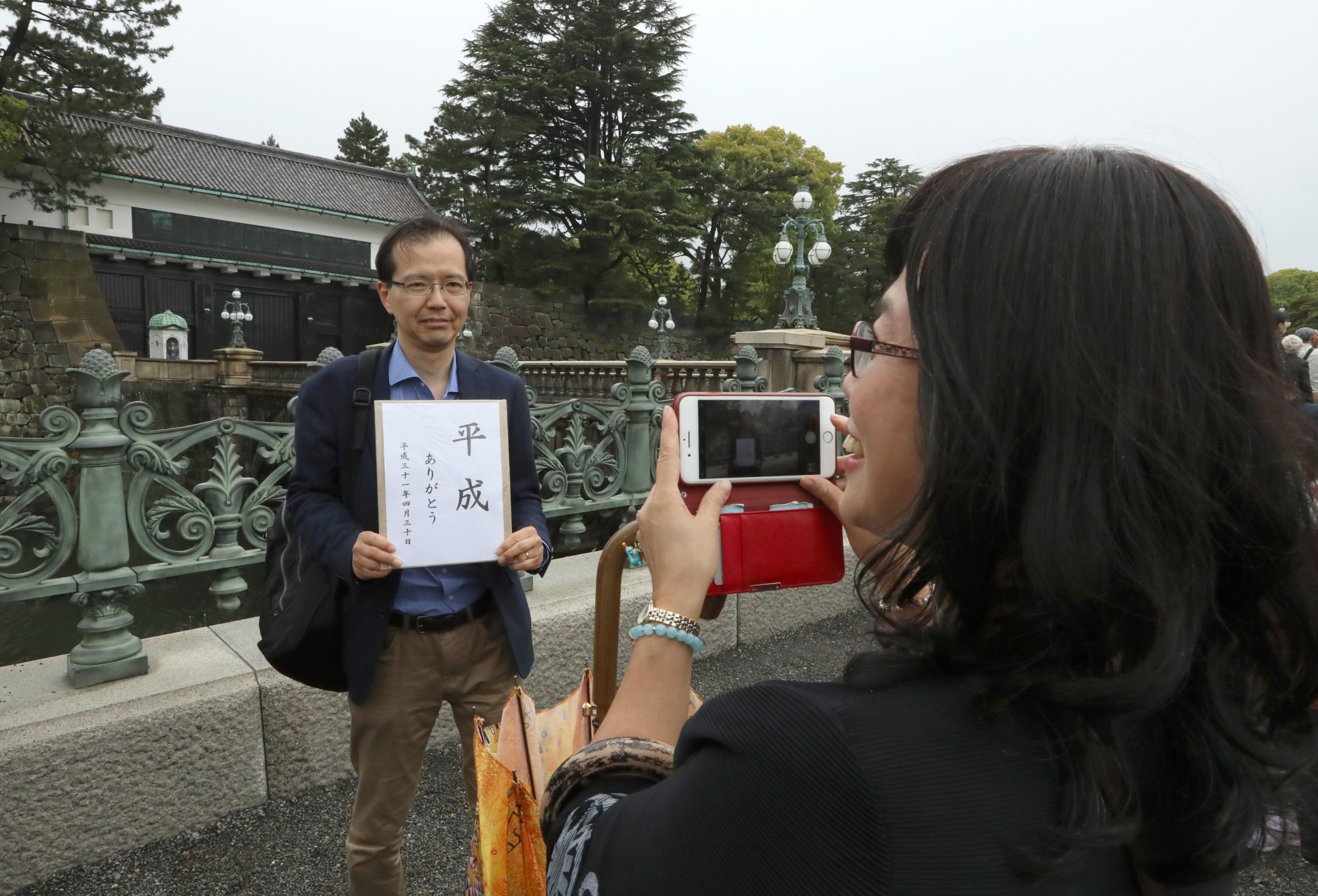April 30 finally arrived. It was the last day of the Heisei Era and Emperor Akihito retired, marking the first imperial abdication in more than 200 years. May 1 is the historic first day of Reiwa, when Emperor Naruhito assumes the throne from his father. The world outside Japan, however, seems to be changing on its own merits regardless.
The situation was the same 30 years ago. I vividly remember the beginning of the Heisei Era. It was a cold winter day on Jan. 8, 1989 — a day after the passing of Emperor Hirohito, posthumously named Emperor Showa. I was with the office for Japan-U.S. security treaty affairs in the North America Bureau of the Foreign Ministry. I was just 36 years old.
Five months later, student demonstrators were brutally oppressed in Beijing's Tiananmen Square on June 4. On Nov. 9 the same year, East Berlin's Communist Party changed the city's relations with the West and the world witnessed the fall of the Berlin Wall beginning the next day. The first year of Heisei was also symbolic as the year the post-Cold War era started.


















With your current subscription plan you can comment on stories. However, before writing your first comment, please create a display name in the Profile section of your subscriber account page.